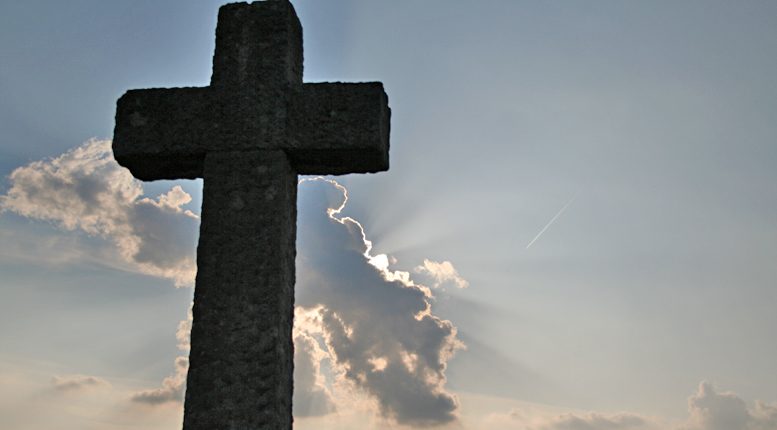Paul P. Jesep*/TRT Columnist—
President Donald Trump’s recent executive order to protect “religious liberty” causes more angst and chaos than fulfilling a campaign promise. The order will also endanger religious liberty, not protect it.
In some ways, the order is more show than substance. The president sought to appease and patronize a core group of supporters through the order.
The driving force behind the order was to weaken the Johnson Amendment. Named for U.S. Senator and later President Lyndon Johnson, the amendment prohibited politicking from the pulpit, if a religious group wanted to keep its tax exempt status. The law is meant to ensure that religious institutions cannot campaign on behalf of a candidate or use their public platform to endorse the candidacy of anyone running for office.
Prior to the order’s release the American Civil Liberties Union (ACLU) threatened a lawsuit. After its release, the organization yawned and determined resources would be wasted litigating it. The ACLU called the signing nothing more than a “photo op.”
Several prominent social conservatives expressed disappointment claiming that the order didn’t go far enough. Many were dismayed the order omitted the right to refuse services to the LGBTQ community based on religious grounds.
A cautionary note. The order provides: “the Attorney General shall, as appropriate, issue guidance interpreting religious liberty protections in Federal law.” My hunch is the ACLU will be in court at some point.
Once again, faith and religion is turned into a tool, a political football to leverage power, control, and influence. Unfortunately, liberals as well as social conservatives do it. In some cases, it’s unintentional. Other times, the use of faith and religion can be unscrupulous. Sometimes, setting boundaries and making sure certain lines are not crossed is ignored.
The legal impact of the president’s executive order is so far innocuous. The potential spiritual damage, however, is real. How many LGBTQ individuals already suspicious of faith and religion will perceive this political action as another reason to avoid anything religious?
In addition, the sacredness of faith and spirituality is compromised. Efforts to elevate it by politicians does nothing more than secularize it. There is irony in those who shout the most about the loss of religious liberty while their behavior compromises it.
In America, the concept of separation of church and state goes back to colonial times. Many people of faith wanted a metaphorical wall to make sure the tawdriness of politics and the temporal world did not soil the holy. Sadly, many religious Americans have forgotten their history.
The president’s order is an opportunity, though one requiring patience and lip-biting, to engage social conservatives about the meaning of religious liberty. Too often the religious freedoms of pro-LGBTQ denominations are ignored. What about the religious liberties of Unitarians, Episcopalians, and certain Jewish groups, among many others? Why are their voices not heard on the national news and talk shows?
Trump’s executive order is another example of why an individual’s personal faith should be independent of organized religion. Religion can enhance a spiritual sojourn. It can add a cultural and ceremonial depth and richness, but it’s sometimes marginalized by the foibles that make us human. If religion is to be “organized,” then it needs a level of structure and administration.
The bad things misguided people inflict through faith and religion in the name of the Holy Author does not make belief bad.
Ultimately, each of us answers to God (however understood), one’s conscience, and our chosen families. Religion can enhance one’s spiritual journey, but also keeps it in perspective, particularly in a toxic political environment.
These unsettled times call for us to be engaged with faith and religion to underscore, in part, that they belong to no politician or spiritual leader, especially with the hubris to think the Giver of Life is on their side.
*Paul is a corporate chaplain, seminary trained priest, and lawyer in greater Albany, NY. He’s also author of “Lost Sense of Self & the Ethics Crisis.”





